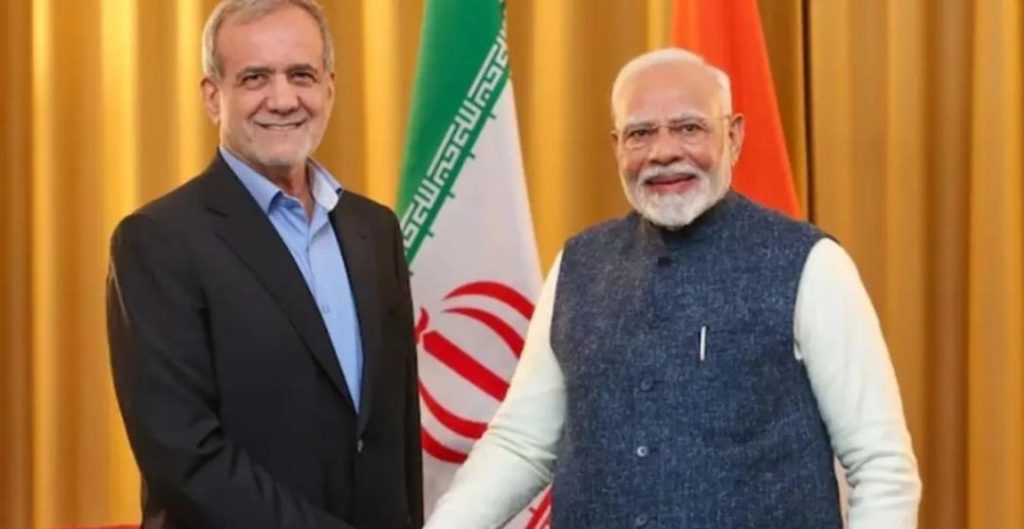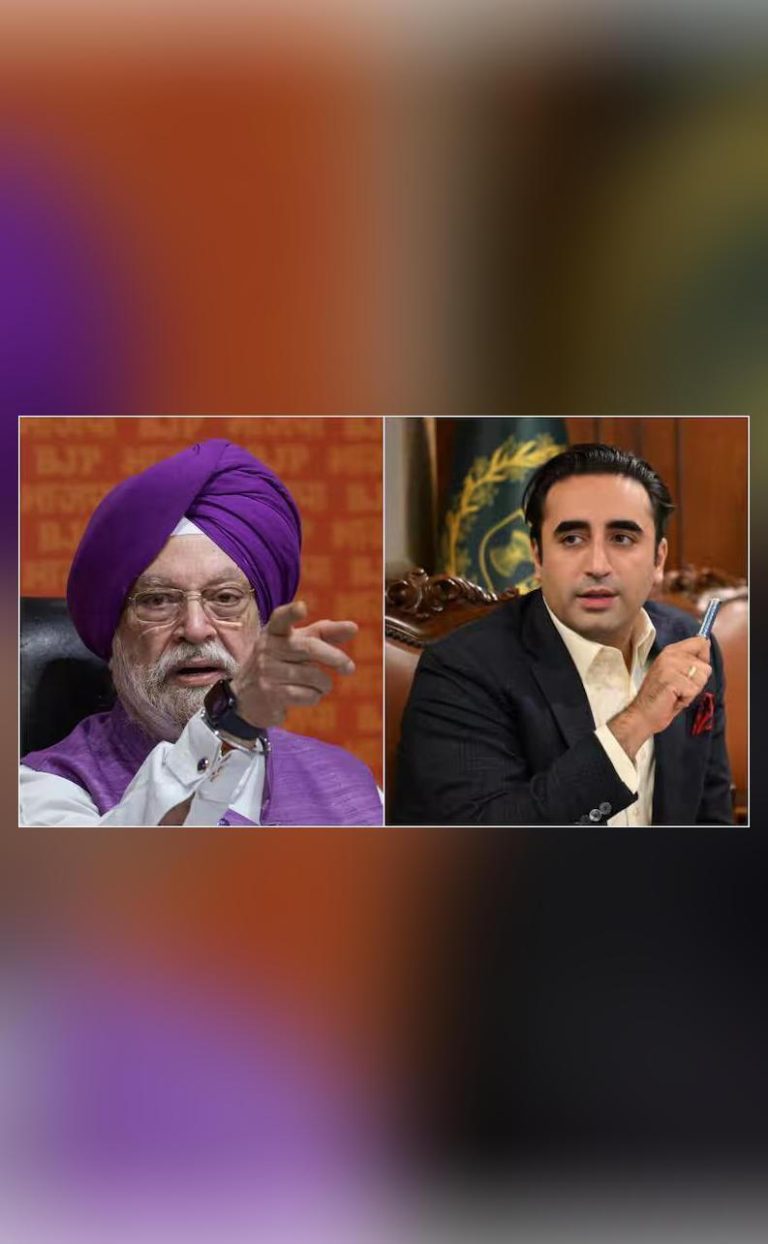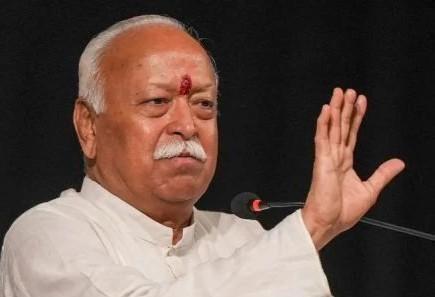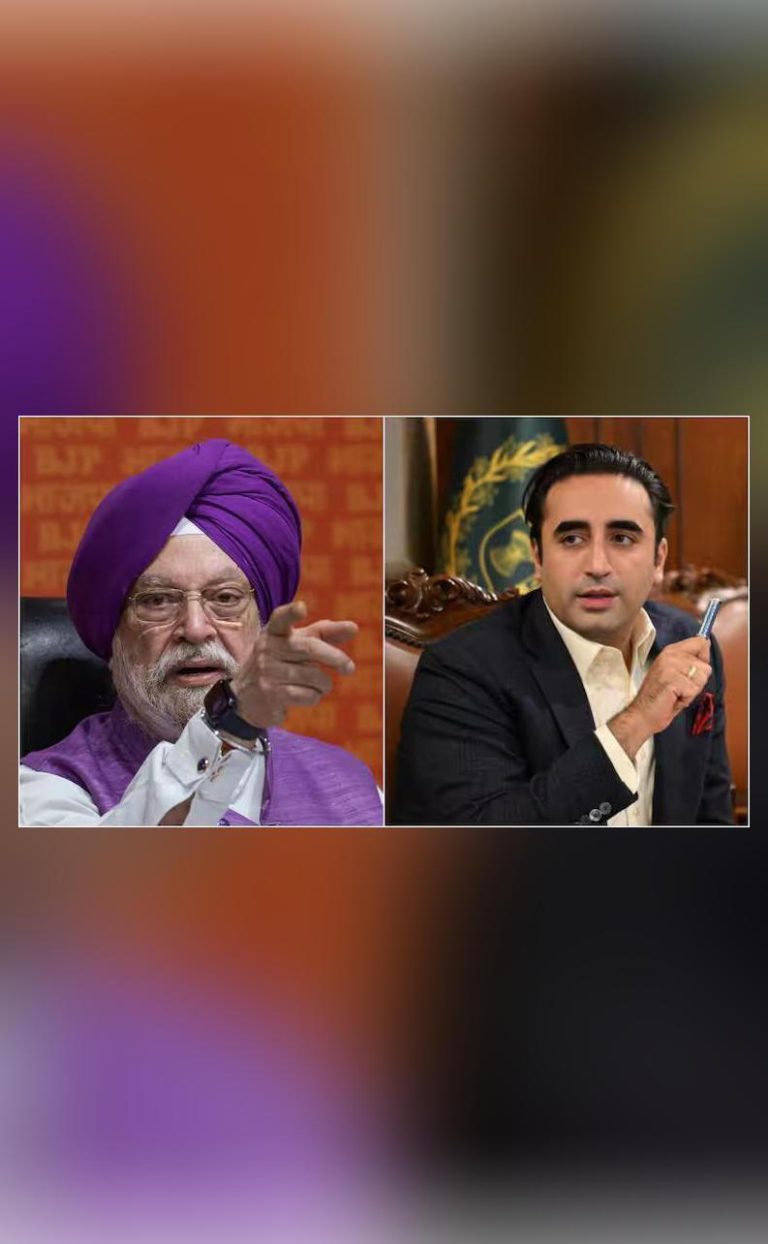
Iran Offers to Mediate between India & Pak after Pahalgam Attack
The recent terrorist attack in Pahalgam, Jammu and Kashmir, has sent shockwaves across the Indian subcontinent, escalating tensions between India and Pakistan to a new high. In the midst of this heightened rhetoric, Iran has come forward with a surprising offer: to mediate between the two nations. This development has sparked hope among diplomats and analysts, who believe that Tehran’s involvement could help ease the current standoff and pave the way for a lasting peace.
On Wednesday, Iran’s Foreign Minister Seyed Abbas Araghchi took to Twitter to announce Tehran’s willingness to mediate between India and Pakistan. In a series of tweets, Araghchi wrote, “Tehran stands ready to use its good offices in Islamabad and New Delhi to forge greater understanding at this difficult time.” He also emphasized that Iran’s highest priority is to see the two nations resolve their differences peacefully.
This offer comes as a significant development, given the long-standing rivalry between India and Pakistan. The two nations have a history of conflict, with multiple wars fought over issues such as Kashmir, and tensions have been simmering for years. The recent terrorist attack in Pahalgam, which left several innocent civilians dead, has further strained relations between the two countries.
India, in response to the attack, has suspended the Indus Waters Treaty with Pakistan, a decades-old agreement that governed the sharing of the waters of the Indus River and its tributaries. This move has been seen as a major escalation, and many fear that it could lead to a full-blown conflict.
Pakistan, on the other hand, has denied any involvement in the Pahalgam attack, and has instead accused India of perpetrating false flag operations to justify its aggression. The rhetoric on both sides has been increasingly belligerent, with many calling for war and others advocating for peaceful resolution.
In this charged atmosphere, Iran’s offer to mediate has been widely welcomed. Analysts believe that Tehran’s involvement could bring a fresh perspective to the table, given its historical ties with both India and Pakistan. Iran has long been a key player in regional politics, and its influence extends to both countries.
Moreover, Iran has a reputation for being a pragmatist in its foreign policy, often taking a more nuanced approach to conflict resolution. Tehran has successfully mediated disputes in the past, including between Israel and Turkey, and has also played a key role in talks aimed at resolving the Syrian civil war.
However, there are also those who are skeptical about Iran’s offer. Some have questioned the country’s motives, given its own troubled history with both India and Pakistan. Iran and Pakistan have had a contentious relationship in the past, with tensions flaring over issues such as border disputes and terrorism. Similarly, Iran and India have had their share of disagreements, including over issues such as trade and nuclear proliferation.
Despite these concerns, many believe that Iran’s offer is worth exploring. After all, the current standoff between India and Pakistan is unlikely to be resolved through military means alone. A peaceful resolution requires a nuanced and multifaceted approach, one that takes into account the complex historical and political context of the region.
Iran’s involvement could also help to de-escalate tensions and create a conducive environment for talks. By offering to mediate, Tehran is signaling its commitment to regional stability and its willingness to work with both countries to find a peaceful solution.
In conclusion, Iran’s offer to mediate between India and Pakistan is a welcome development, one that could help to ease the current standoff and pave the way for a lasting peace. While there are certainly challenges ahead, Tehran’s involvement could bring a fresh perspective to the table and help to create a more conducive environment for talks.
As the situation continues to unfold, it remains to be seen whether Iran’s offer will be accepted by both sides. However, one thing is clear: in a region fraught with conflict and tension, any effort to promote peace and stability is worth exploring.




